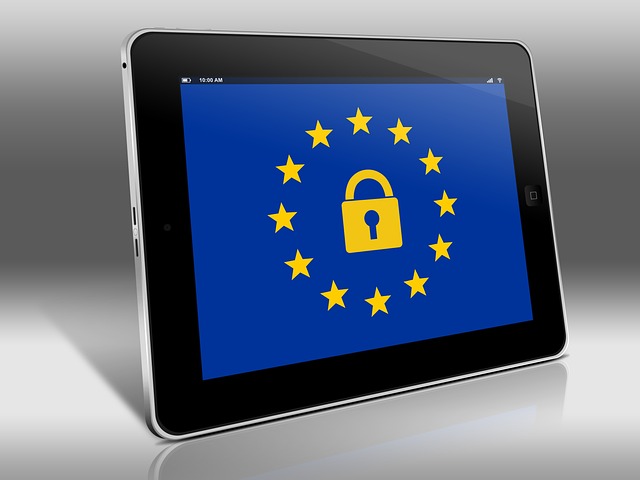In today’s hyperconnected world, where our lives increasingly intertwine with technology, the importance of data protection laws cannot be overstated. As we share personal information across various platforms and devices, the conversations around technology etiquette and social trends have evolved to reflect our collective concern for privacy and security.
Technology etiquette revolves around respecting the privacy of others and understanding the implications of sharing personal data. Every social media post, online transaction, or app download carries with it a risk of information mishandling. This is where data protection laws come into play, aiming to create a framework that shields individuals from misuse of their information. These laws are designed not only to protect consumers but also to help organizations cultivate trust with their users. When companies adhere to stringent regulations, they demonstrate a commitment to safeguarding personal data, thereby enhancing their brand reputation and fostering loyalty.
The rise of technology has ushered in significant social trends, particularly concerning awareness surrounding personal data. Many individuals now actively engage in conversations about data privacy, advocating for stronger legislation that prioritizes consumer rights. From the implementation of the General Data Protection Regulation (GDPR) in Europe to various legislative efforts around the globe, these laws signify a transformative shift towards a more secure digital environment.
This heightened awareness has also led to a growing movement toward responsible digital citizenship. People are becoming more informed about their rights regarding data protection laws, often demanding transparency from companies about how their information is used. As a result, organizations are beginning to incorporate data ethics into their practices, recognizing that a loyal customer base hinges on the trust established through stringent data protection measures.
The influence of technology on social trends extends beyond just legal frameworks; it also shapes our day-to-day interactions. As digital communication becomes the norm, understanding technology etiquette has never been more crucial. It requires us to be mindful of our digital footprint—asking ourselves what information we share and with whom. Following proper etiquette can not only protect our own data but also respect the privacy of others.
In the realm of education, schools and institutions are increasingly educating young users about data privacy and the importance of adhering to data protection laws. By doing so, they equip future generations with the tools necessary to navigate a digital landscape that is as complex as it is expansive. This kind of education fosters a culture of respect and responsibility, encouraging individuals to think critically about their use of technology.
The challenge lies in balancing innovation with responsibility. As technology continues to evolve at a breakneck speed, data protection laws must adapt accordingly. Policymakers are tasked with the responsibility of ensuring that regulations not only protect individuals but also allow for technological advancement to thrive. This balance is essential in ensuring that we don’t find ourselves in a situation where the fear of surveillance stifles creativity and progress.
As users of digital platforms, we have a role to play, too. Proactively engaging with data protection laws and advocating for change is essential to shaping a safer, more secure digital society. By embracing good technology etiquette, we can contribute to the establishment of a digital environment that prioritizes respect, privacy, and security for all.




